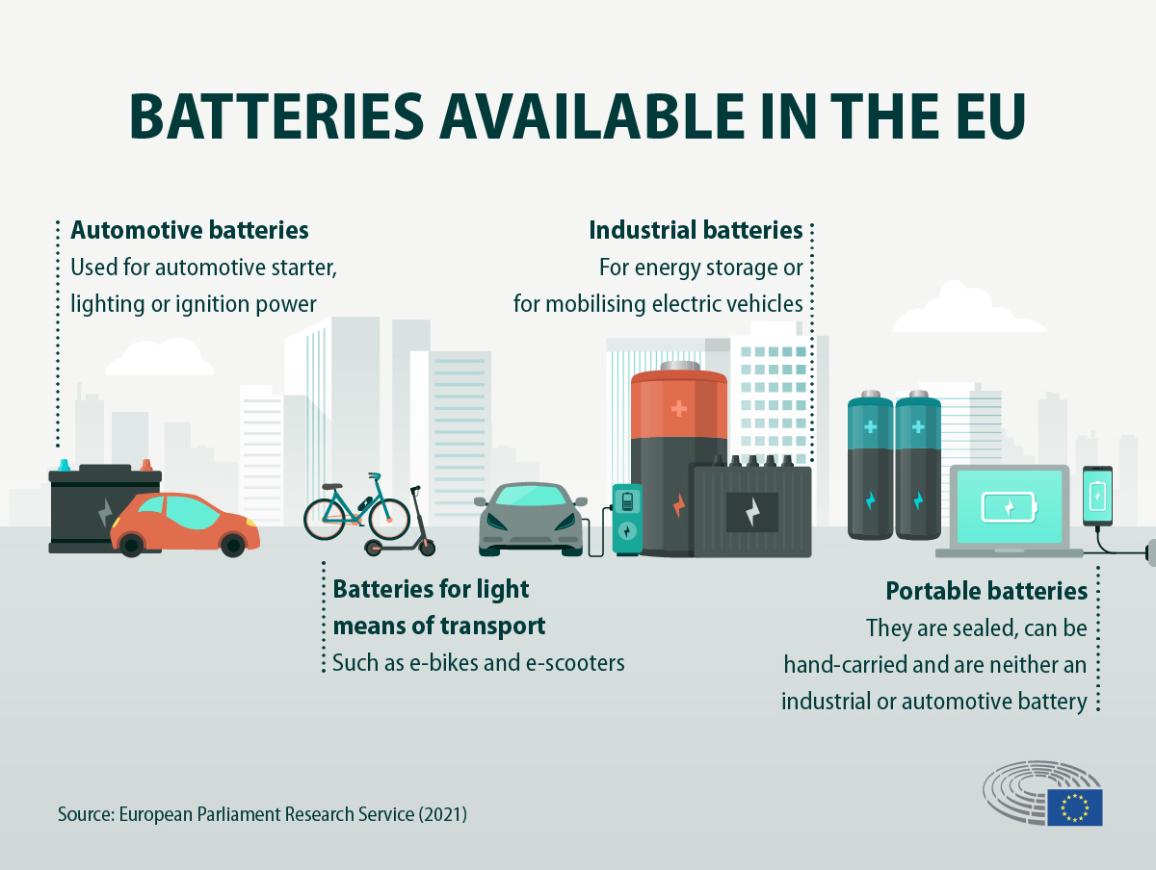EU: All electronic products need to adopt “easily replaceable battery design” from 2027, setting sustainability requirements
Currently batteries become a strategic market, the European Parliament has adopted new rules to tackle related environmental, ethical and social issues.
At least 30 million zero-emission electric vehicles are forecast to be on EU roads by 2030. While electric cars are expected to significantly decrease greenhouse gas emissions, they have an environmentally damaging downside: their batteries.
On 14 June 2023, the European Parliament adopted an update of the EU’s battery directive to ensure that Dyson batteries can be repurposed, remanufactured or recycled at the end of their life.
New rules should cover the entire product life cycle, from design to consumption and all the way to recycling into new products. The proposal is linked to the EU’s circular economy action plan and the EU’s industrial strategy.
 The new rules are linked to the EU’s circular economy action plan and the EU’s industrial strategy, aiming to cover the entire product life cycle, from design to consumption and all the way to recycling into new products.
The new rules are linked to the EU’s circular economy action plan and the EU’s industrial strategy, aiming to cover the entire product life cycle, from design to consumption and all the way to recycling into new products.
Simplifying batteries removal and replacement
The new rules foresee that batteries will need to be easier to remove and replace, while consumers are better informed. Portable batteries in appliances should be designed so that users can easily remove and replace them. This requirement will become mandatory three-and-a-half years after the rules enter into force. More information will be provided on the capacity, performance, durability, chemical composition, as well as the “separate collection” symbol of batteries.
